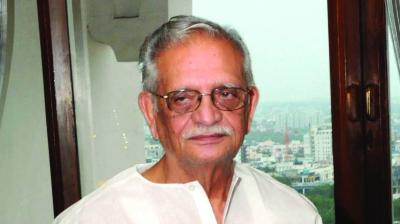Second thoughts No ‘leap second’ decision until 2023
It is no split-second decision.
It is no split-second decision. In fact, countries are at such odds over whether to do away with the “leap second” — an extra second periodically added to compensate for irregularities in the Earth’s rotation around the Sun — that they have put off deciding the matter until 2023, the United Nations announced on Thursday.
Country representatives gathered for a conference in Geneva hosted by the UN’s International Telecommunication Union (ITU) have been haggling over the issue since the beginning of the month without reaching agreement.
The World Radiocomm-unication Conference (WRC-15) “has decided that further studies are required on the impact and application of a future reference time-scale, including... Suppressing the so-called ‘leap second’,” ITU said in a statement.
The WRC conferences are held only every four years, and a report on the impact of removing the leap second would be prepared for the conference to be held in eight year’s time, the UN agency said.
While passing most people by unnoticed, the leap second has been a bone of contention among experts for years.
There have been 26 occasions since 1971 when the leap second was added, most recently on June 30 this year.
Timekeepers adjust high-precision clocks so that they remain in sync with Earth’s rotation, which is affected by the gravitational tug of the Sun and the Moon, in a bid to simplify Coordinated Universal Time (UTC), the official monicker for GMT.
The decision on when to add a an extra second falls to the Earth Orientation Centre, a Paris-based division of the International Earth Rotation and Reference System Service, and must be announced “at least eight weeks in advance,” ITU spokesman Sanjay Acharya said.
But such additions, which occur about once every three years, can be complicated due to computer systems’ reliance on exact time measurements.
Debate has intensified in recent years over making the addition of seconds to Coordinated Universal Time more predictable, particularly following technology disruptions after the modification in 2012.
While some countries, including Britain, want to hold onto the system, others, including the United States and France, would like to see the leap second done away with.
They instead would like global timekeeping to rely solely on atomic clocks, which use the frequency of atoms as their tick-tock mechanism.

















